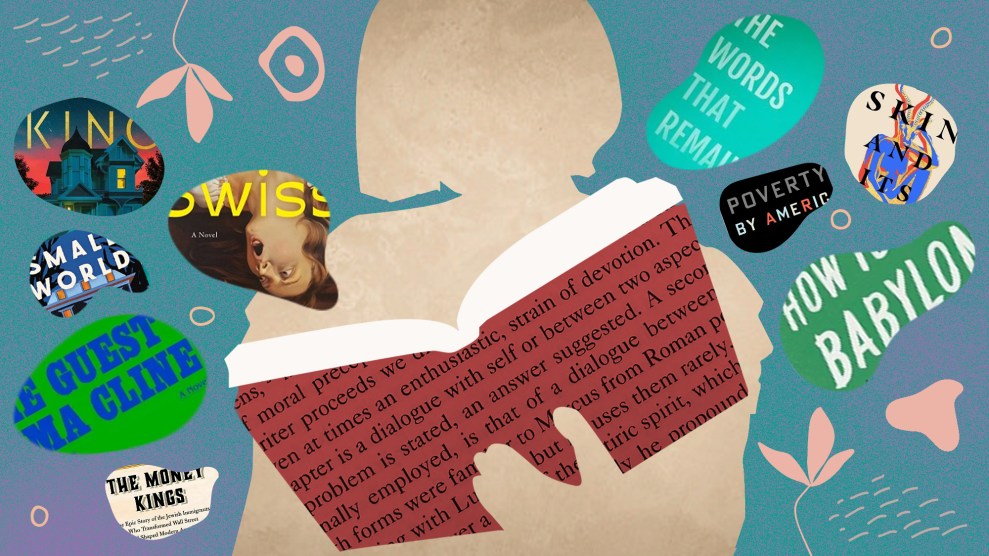The ghosts in Danish filmmaker Asger Leth’s unsparing documentary are the chimères, armed thugs who preside over the Haitian ghetto of Cité Soleil (“Sun City”), an overcrowded quarter of Port-au-Prince that’s been described by the United Nations as the world’s most dangerous place. Here the strong rule, but they don’t necessarily survive. The chimères backed former president Jean-Bertrand Aristide, a one-time democrat gone bad, in street battles against the rebels who deposed him in early 2004. But in Ghosts of Cité Soleil, they focus much of their rage on one another.
Penetrating this normally closed world, Leth offers a cinematic portrait that is both fragmentary and astonishingly intimate. He focuses his handheld cameras on two powerful young gang leaders, 2Pac and Bily, siblings whose relationship veers from wary alliance to confrontation and back again. As his nickname suggests, the darkly charismatic 2Pac aspires to be a rap star. Bily boasts of his closeness to Aristide and his largesse to his own people, whom he provides with money and food. But he rules by terror, shooting one of his gang members in the foot to punish alleged disrespect. An even more enigmatic figure is Lele, a French relief worker who is attracted to both brothers. Is the danger they pose an aphrodisiac, or has she discovered depths of feeling in their damaged souls that the camera can’t detect?
Alternating scenes of violence and self-reflection, with dialogue in English, French, and Creole, Leth creates a vision of a claustrophobic world that is even harder to leave than to enter. In this hell, the most hardened criminals long for respite, if not redemption. “I know in Cité Soleil you never live long—always die young,” says 2Pac. He is more prescient than he knows.













